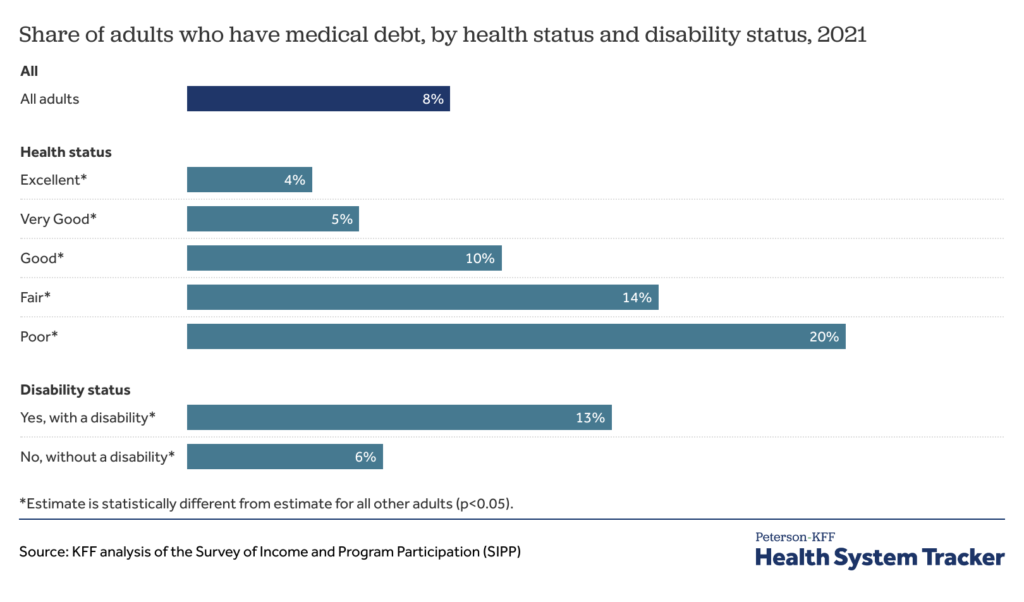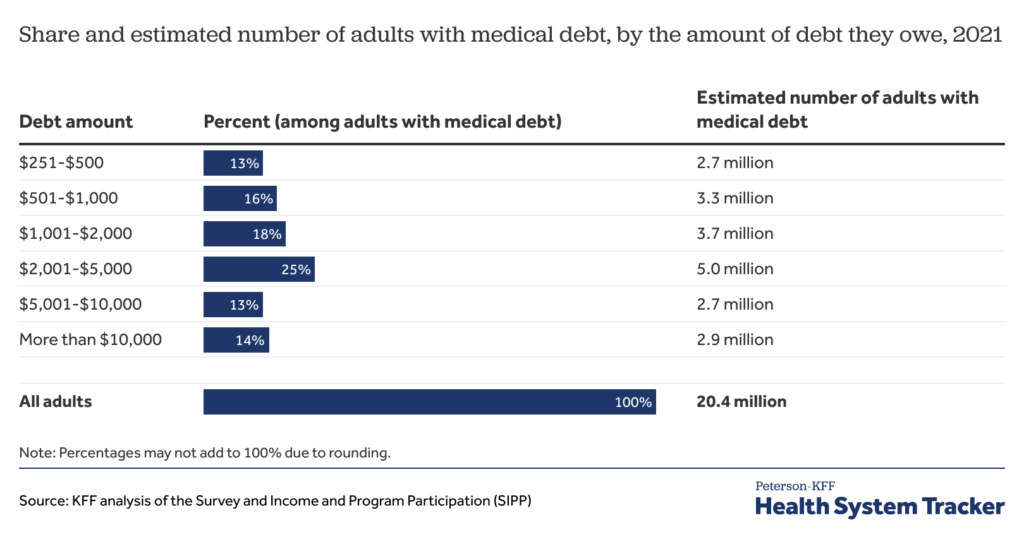More in Health insurance
-


Health insurance
Flexibility And Choice: HSA Vs PPO
[ad_1] When it comes to choosing the right healthcare plan for your small business, flexibility and...
-


Health insurance
CMS Releases First Annual Evaluation Report for Kidney Care Choices Model
[ad_1] CMS recently published the First Annual Evaluation Report (the “Report”) highlighting its most significant observations...
-


Health insurance
Delays In Extending Enhanced Marketplace Subsidies Would Raise Premiums And Reduce Coverage
[ad_1] By Jason Levitis , Sabrina Corlette, and Claire O’Brien* The Affordable Care Act (ACA) Marketplaces...
-


Health insurance
Has Albrecht Been Undone? | Drug & Device Law
[ad_1] We do not mean the German Renaissance painter and thinker Albrecht Dürer. His work, while...
-


Health insurance
Healthcare spending for individuals with FSAs and HSAs – Healthcare Economist
If paid out of pocket, health insurance premiums in the United States are tax deductible; but,...








